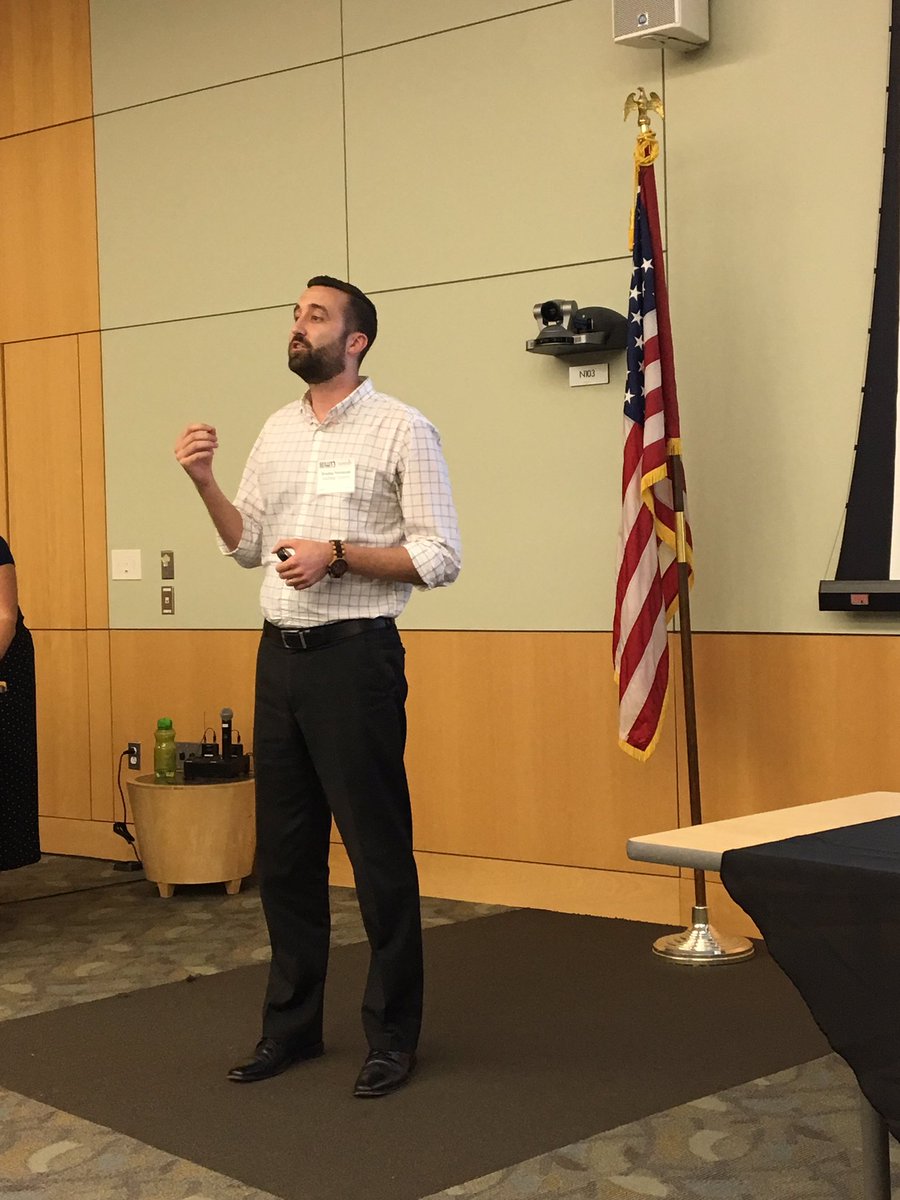Baltimore startup NextStep Robotics closed a $600,000 funding round as it seeks to further development of its stroke rehabilitation device, said CEO Brad Hennessie.
The company’s second round of funding was led by the Baltimore-based Abell Foundation. New investors also included UM Ventures, as well as Jeff and Brad Quinn, who are co-presidents of Engineered Medical Systems, Inc., a partner company on the LaunchPort medical device accelerator located in City Garage.
The company’s robotic device is designed to treat foot drop, which is a common challenge encountered by stroke survivors that inhibits people from lifting a toe while walking. This limits mobility, and presents risk of falling.
Worn by patients, the device itself has software that is designed to personalize the physical therapy that can help regain mobility. It’s distinct from an assistive device like a brace or a crutch, and the company in fact has an overall goal of helping patients walk without those devices.
“We want people to be able to function better when they are without their assistive devices,” he said.
Within the clinic, it can be used in line within normal physical therapy schedules by any trained staff, freeing up therapists for more hands-on treatment, Hennessie said.
With the new funding, Hennessie said the company is transitioning from development into the manufacturing and sales that go along with commercialization. It’s aiming to have at least 10 units placed in local clinics within the next year. The company is also looking to continue growing partnerships with manufacturers, distributors and early adopters.
Hennessie said it will also look to grow its team of five employees to about a dozen this year.
Founded in 2017, the company’s path to date shows how research within the areas institutions combines with entrepreneurship. NextStep’s technology is based on 10 years of research at the the University of Maryland School of Medicine and the Baltimore Veterans Affairs Motor Performance Laboratory. Hennessie, a former staff member at the University of Maryland Baltimore, founded the company along with a group including Rich Macko, Anindo Roy and Larry Forrester.
The company has gotten support from local investors, and is based out of the Maryland Development Center in downtown Baltimore, which itself was created by University of Maryland College Park’s Dr. Gil Blankenship and a group of nine UMB clinicians as a home for development of tech coming from the area’s hospitals and institutions.
Originally from the area, Hennessie has talked about his passion for building companies and the opportunity to build new companies from the wealth of discoveries inside the area’s institutions. So even as he is focused on growing NextStep, he’s taken time to talk to students, faculty and university-affiliated groups about starting companies here. The round being led by the Abell Foundation, with its mission to support companies’ growth in Baltimore, also shows a local focus.
“I want to see Baltimore, the University of Maryland and Maryland in general continue this rise,” he said.







